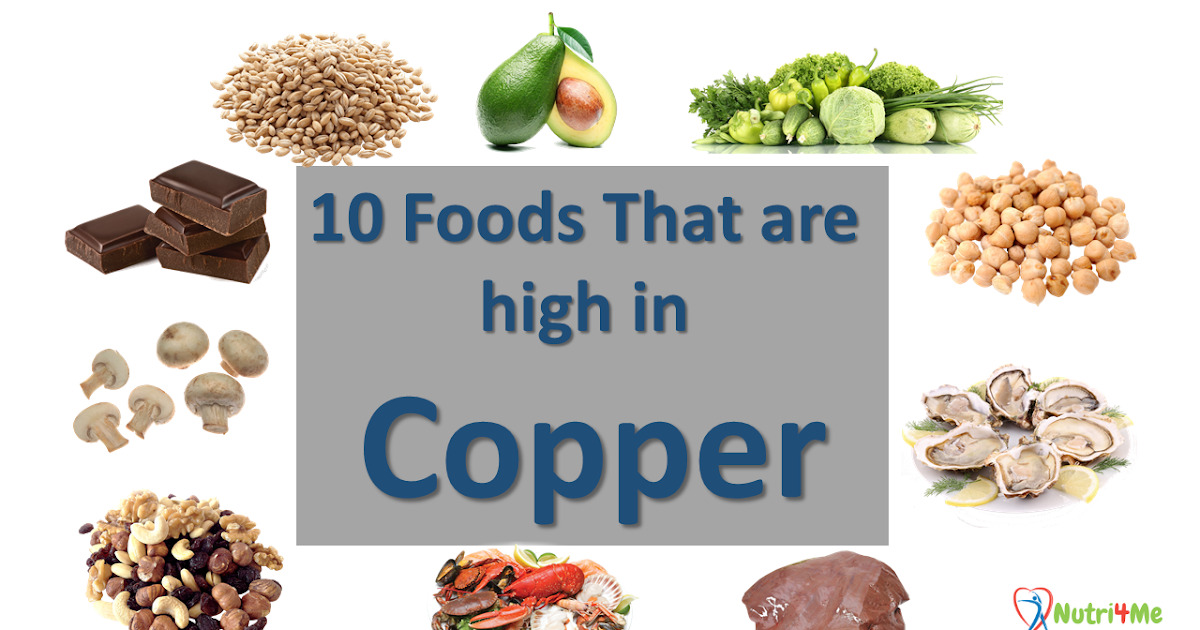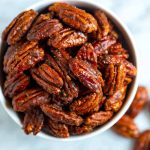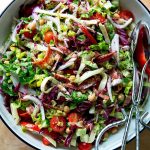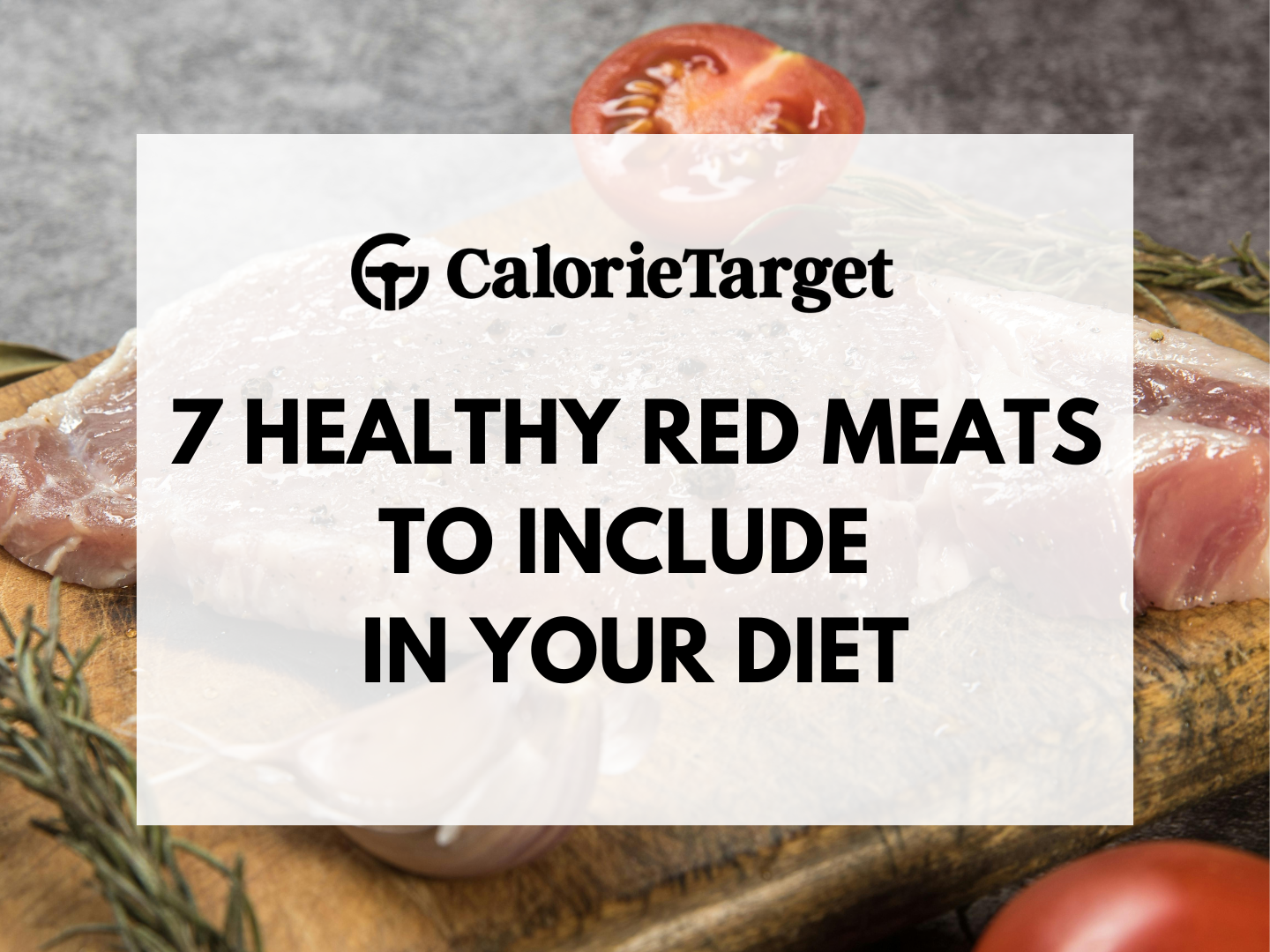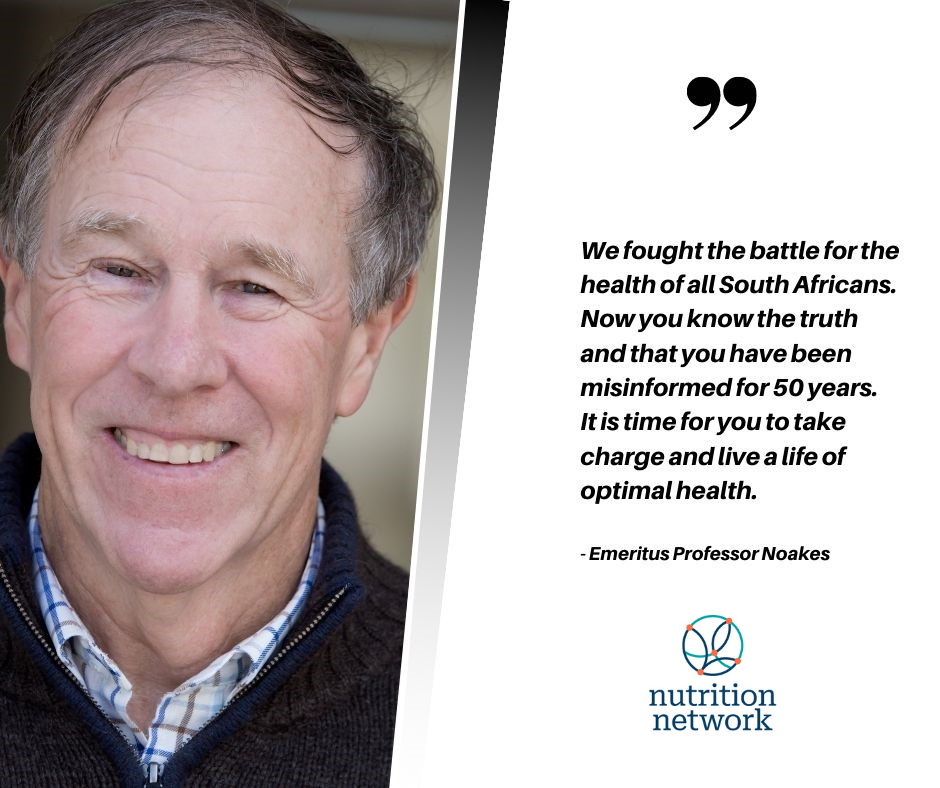Copper is an essential trace mineral that plays a crucial role in maintaining overall health and well-being, it is involved in numerous metabolic processes, including the production of red blood cells, maintenance of the nervous system, and the formation of collagen, a structural protein found in skin, bone, and connective tissue. Copper is also a cofactor for several enzymes that help to protect cells against oxidative damage.In this post, Nutri4me discuss ten foods that are high in copper and their health benefits.10 Foods that are high in copperLiverLiver is one of the best sources of copper, with 100 grams providing 12mg of copper, which is 1333% of the daily recommended intake. In addition to copper, liver is also rich in other essential vitamins and minerals, including vitamin A, iron, and vitamin B12.Oysters Oysters are another excellent source of copper, with 100 grams providing 7mg of copper, which is 778% of the daily recommended intake. Oysters are also rich in other essential nutrients, including zinc, vitamin B12, and omega-3 fatty acids.Nuts and Seeds Many types of nuts and seeds are rich in copper, including cashews, almonds, and sesame seeds. 100 grams of cashews provide 2mg of copper, which is 222% of the daily recommended intake. Almonds and sesame seeds are also good sources of copper, with 100 grams providing 1mg and 2mg of copper, respectively.Dark Chocolate Dark chocolate is not only delicious but also a good source of copper, with 100 grams providing 1mg of copper, which is 111% of the daily recommended intake. Dark chocolate also contains antioxidants, which can help to protect against oxidative damage.Leafy Green Vegetables Leafy green vegetables, such as kale, spinach, and Swiss chard, are rich in copper. 100 grams of kale provide 0.5mg of copper, which is 56% of the daily recommended intake. These vegetables are also a good source of other essential nutrients, including vitamin K, vitamin C, and iron.Beans and legumes, such as lentils, chickpeas, and kidney beans, are another good source of copper. 100 grams of lentils provide 0.5mg of copper, which is 56% of the daily recommended intake. These foods are also rich in fiber, which can help to promote digestive health.Avocado Avocado is not only a delicious fruit but also a good source of copper, with 100 grams providing 0.2mg of copper, which is 22% of the daily recommended intake. Avocado is also rich in healthy fats, which can help to reduce inflammation and improve heart health.Mushrooms Mushrooms, such as shiitake and portobello mushrooms, are a good source of copper, with 100 grams providing 0.3mg of copper, which is 33% of the daily recommended intake. Mushrooms are also a good source of other essential nutrients, including vitamin D and selenium.Seafood Seafood, such as crab and lobster, are another good source of copper, with 100 grams of crab providing 0.3mg of copper, which is 33% of the daily recommended intake. Seafood is also rich in other essential nutrients, including protein, omega-3 fatty acids, and vitamin B12.Whole Grains Whole grains, such as quinoa and brown rice, are a good source of copper, with 100 grams of quinoa providing 0.4mg of copper, which is 44% of the daily recommended intake. Whole grains are also rich in fiber and other essential nutrients, including B vitamins and minerals like iron and magnesium.Health Benefits of CopperHelps Maintain Bone Health Copper plays a crucial role in the formation of collagen, a protein found in bone and connective tissue. It also helps to activate enzymes involved in bone metabolism. Adequate copper intake may help to reduce the risk of osteoporosis, a condition characterized by weak and brittle bones.Supports the Immune System Copper is essential for the proper functioning of the immune system. It helps to activate enzymes involved in the production of white blood cells, which are responsible for fighting infections and diseases.Helps Prevent Anemia Copper plays a vital role in the production of red blood cells, it helps to activate enzymes involved in the synthesis of hemoglobin, a protein that carries oxygen in the blood. Adequate copper intake may help to prevent anemia, a condition characterized by a deficiency of red blood cells.Supports Heart Health Copper is involved in the formation of connective tissue in the heart and blood vessels, it also helps to activate enzymes involved in the metabolism of cholesterol and the production of antioxidants, adequate copper intake may help to reduce the risk of heart disease.Helps Maintain Brain Function Copper is involved in the formation of myelin, a fatty substance that insulates nerve fibers in the brain and helps to transmit signals between neurons. It also helps to activate enzymes involved in the metabolism of neurotransmitters, chemicals that transmit signals between neurons. Adequate copper intake may help to maintain cognitive function and reduce the risk of neurodegenerative diseases like Alzheimer’s. Copper is an essential mineral that plays a vital role in maintaining overall health and well-being. Consuming a varied diet rich in copper-containing foods like liver, oysters, nuts, seeds, dark chocolate, leafy green vegetables, beans and legumes, avocado, mushrooms, seafood, and whole grains can help to ensure adequate copper intake. Adequate copper intake may help to support bone health, immune function, heart health, brain function, and prevent anemia.
10 Foods that are high in copper
